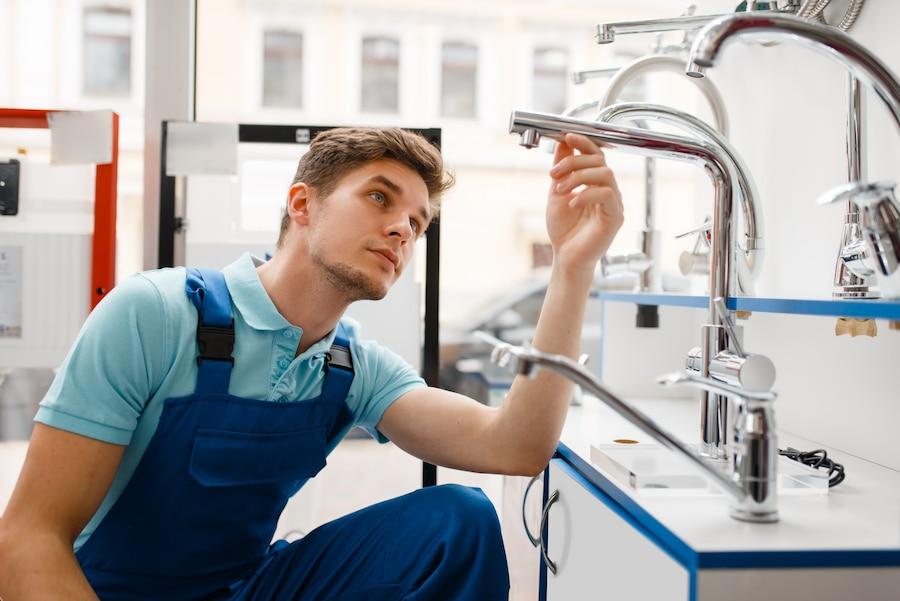Your home’s plumbing system is one of its most vital components. Whether it’s delivering clean water, disposing of waste, or maintaining a comfortable living environment, a functional plumbing system ensures that your daily routines run smoothly. However, like any system, it requires knowledge and maintenance to keep it in top shape.
This guide will walk you through the most important plumbing essentials every homeowner should know, helping you avoid costly repairs and ensuring peace of mind.
1. Know the Main Water Shut-Off Valve
![]()
If there’s one thing every homeowner should know, it’s the location of the main water shut-off valve. This valve controls the water supply to your entire house. Knowing how to turn it off can prevent extensive damage in the event of a burst pipe or major leak.
Tip: Test the valve periodically to ensure it works properly, especially if your home is older.
2. Understand Water Pressure Levels
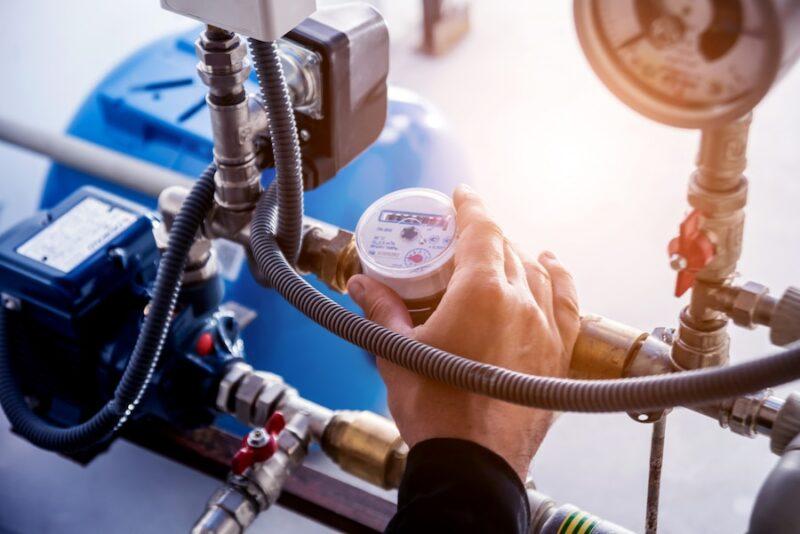
Water pressure that’s too high can strain pipes, valves, and fixtures, leading to leaks over time. On the other hand, low water pressure can affect functionality. An ideal water pressure range for residential systems is between 40–60 psi.
How to Check: Use a pressure gauge on an outdoor faucet to measure your home’s water pressure. If it’s not within the optimal range, consider installing a pressure regulator or consulting a professional.
3. Be Aware of Common Plumbing Materials

Modern homes often feature pipes made from materials like PVC, PEX, or copper. Understanding the material used in your plumbing system can help you make informed decisions about repairs or upgrades.
For instance:
- PVC pipes are lightweight and resistant to corrosion, perfect for drainage systems.
- PEX pipes are flexible, durable, and commonly used for water supply lines.
- Copper pipes are long-lasting but can be more expensive than alternatives.
If you’re unsure about the specifics of your system, a residential plumber can provide expert insight and recommendations.
4. Prevent Clogged Drains
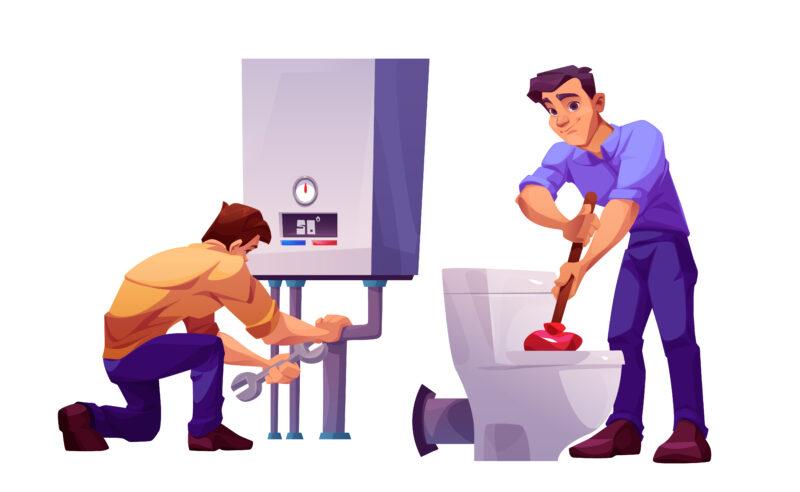
Clogged drains are one of the most common plumbing problems homeowners face. Preventative measures can save you hours of frustration.
Tips to Prevent Clogging:
- Use drain guards to catch hair and debris.
- Avoid pouring grease or oil down the kitchen sink.
- Flush drains monthly with a blend of baking soda and vinegar to break down potential blockages.
If a clog persists despite these measures, it may be time to call a professional plumber.
5. Maintain Your Water Heater
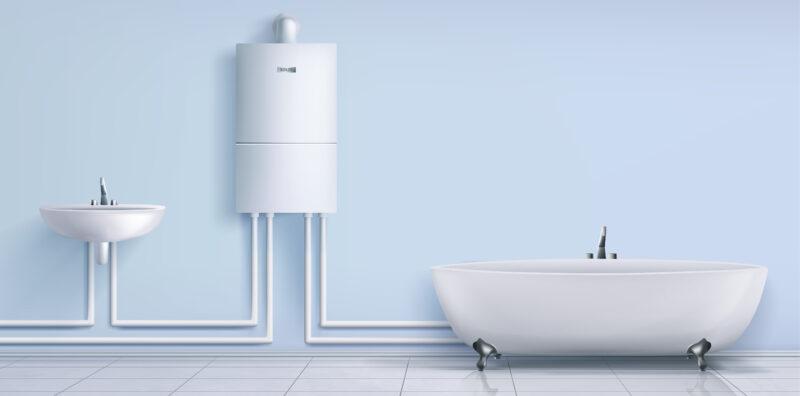
Few things are as uncomfortable as discovering there’s no hot water during your morning shower. Regular water heater maintenance can help you avoid this scenario and extend its lifespan.
- Flush the Tank Annually: This removes sediment buildup, which can reduce efficiency and lead to corrosion.
- Check the Anode Rod: This rod prevents the tank from rusting. Inspect it every 2–3 years and replace it if it’s heavily corroded.
- Set the thermostat to 120°F to ensure safety and energy efficiency.
6. Insulate Your Pipes
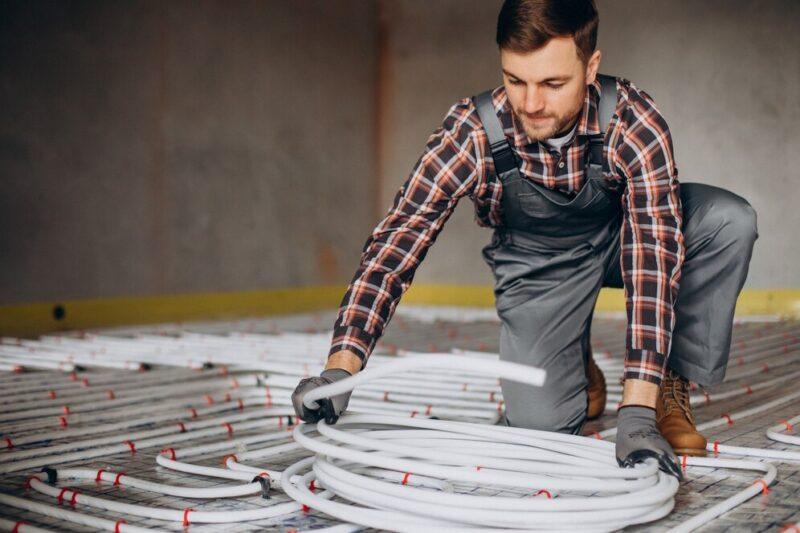
For homeowners in colder climates, pipe insulation is a must. Prevent frozen pipes during winter by insulating pipes in unheated areas such as basements, attics, or crawl spaces.
- Use foam insulation sleeves or heat tape for exposed pipes.
- Keep a slow trickle of water running during extreme cold to avoid freezing.
7. Understand Signs of Hidden Leaks
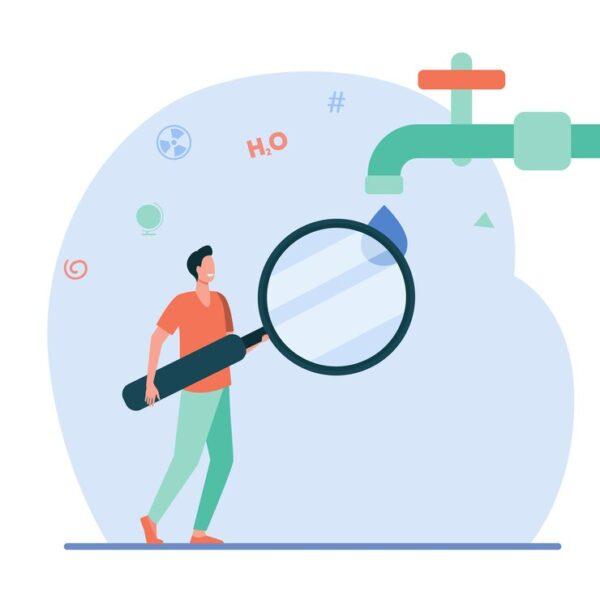
Hidden leaks can cause significant damage if left undetected. Watch for these warning signs:
- Unexpectedly high water bills.
- Damp spots on walls or ceilings.
- A musty odor, which could indicate mold growth.
Regularly inspecting your home for leaks can save you both time and money while protecting your property from water damage.
8. Invest in a Routine Plumbing Inspection
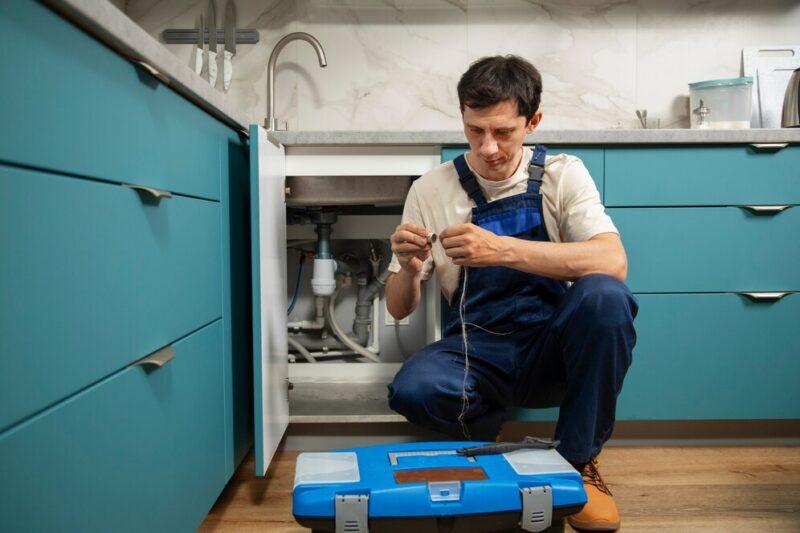
Just like servicing your car, scheduling a plumbing inspection ensures your system stays in optimal working condition. A professional plumber can identify potential issues early, provide maintenance, and recommend upgrades to improve efficiency.
If it has been a year or more since your last inspection, consider scheduling a consultation with a trained plumbing professional.
Final Thoughts
Plumbing might seem complex, but understanding the basics empowers you to recognize potential issues and take proactive measures. From knowing where your main shut-off valve is located to performing routine water heater maintenance, small steps can make a big difference.
For complex repairs or installations, partnering with a skilled residential plumber is always the best route to ensure quality and reliability. By staying informed and taking action, you can keep your home’s plumbing system running smoothly for years to come.
Curious about more tips or need assistance? Reach out to our team of experienced plumbers to learn how we can help!


